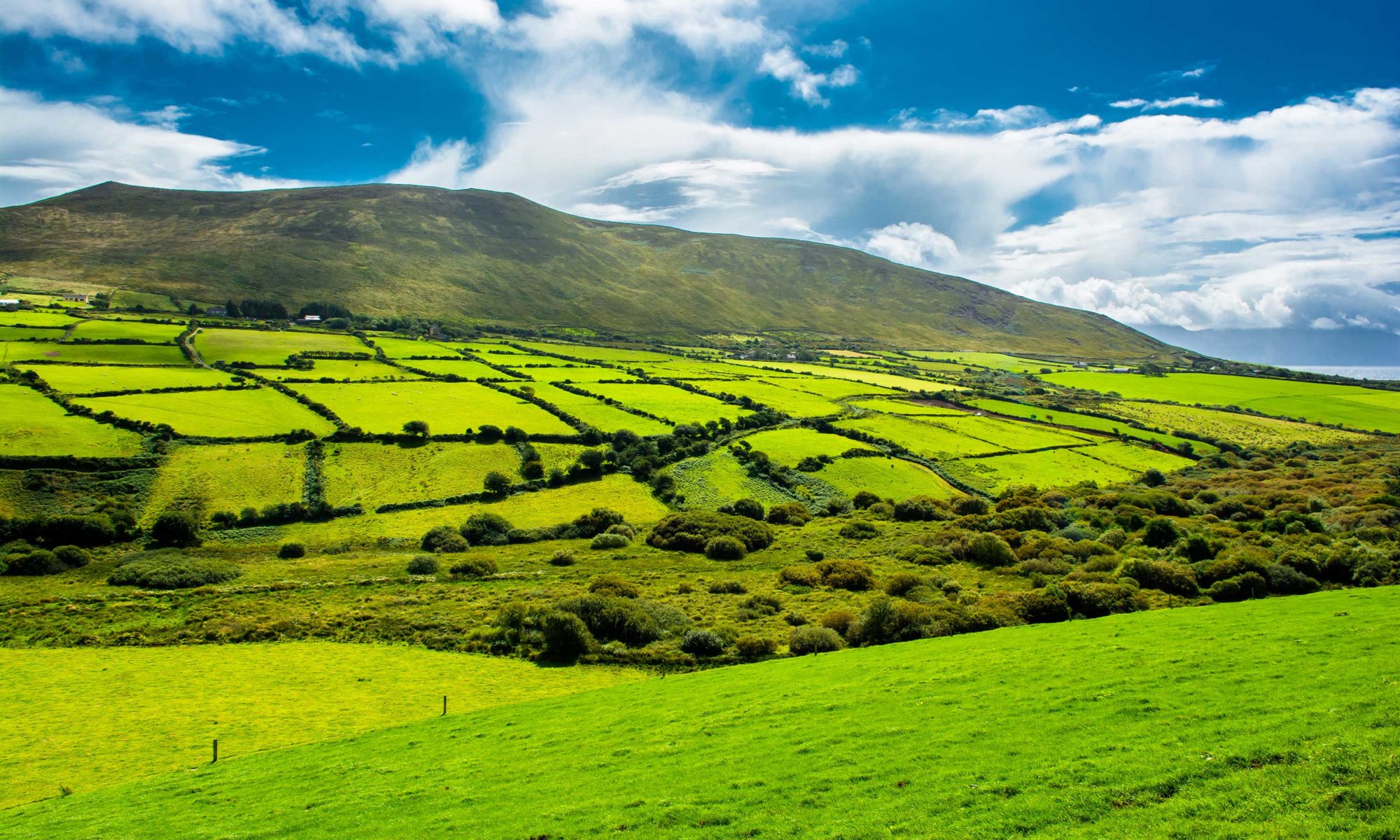This National Policy Statement announced last month sets out a vision, common principles, strategic objectives, and a 20-year planning framework for implementation to deliver on this vision for the bioeconomy in Ireland.
According to Taoiseach Leo Varadkar T.D. (the Irish prime minister), ‘The Government wants Ireland to be a global leader for the bioeconomy. We will achieve this by harnessing Ireland’s natural resources and competitive advantage. We also need to move beyond simply focussing on compliance to integrating sustainable economic development into our economic model as we transition to a low carbon economy (…) A number of Irish based companies are developing commercial opportunities in this area.’
Strengths and advantages
The potential benefits for Ireland from the bioeconomy – to contribute to climate change mitigation, promote rural employment and drive economic development – are well recognised. Ireland also has significant strengths and comparative advantages in the bioeconomy including a number of well established and early stage companies that are promising pioneers in the bioeconomy as well as a growing research capacity. However, there is scope to promote further development to realise the full potential of the bioeconomy for Ireland.
Key actions
In this context, the National Policy Statement, the outcome of extensive consultation, outlines the key actions needed to expand the bioeconomy, including:
- promoting greater coherence between the many sectors of the bioeconomy;
- strengthening the development of promising bio-based products and growing the relevant markets for them;
- accessing funding available at EU level as well as leveraging private investment.
These actions can only be progressed by cooperation and collaboration between the public service, industry and the research institutes. The Government has mandated an implementation group jointly chaired by the Departments of Agiculture, Food and Marine and Communications, Climate Action and Environment to take forward a number of major actions, in close collaboration with bioeconomy industries and other partners, and report back to Government within a year.
Read the article about the Irish Bioeconomy in Agro&Chemistry



